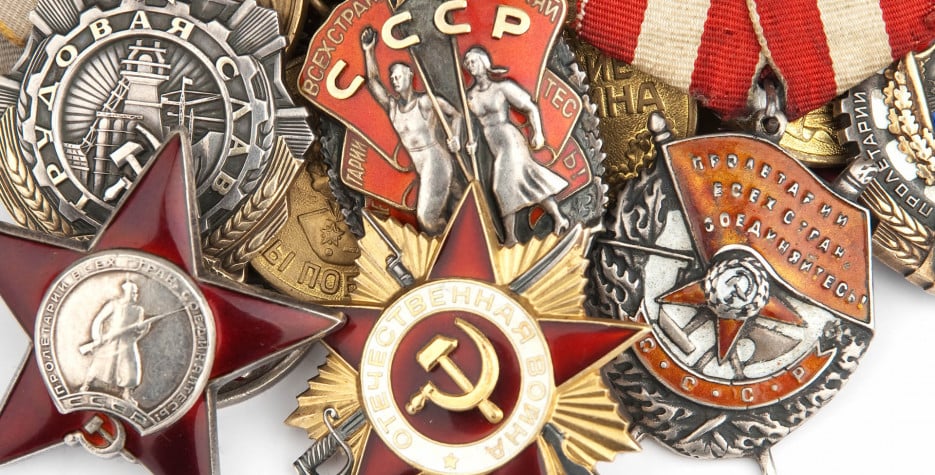When is Victory Day?
On May 9th Russia and a handful of former Soviet Union republics celebrate Victory Day, which marks the day after Nazi Germany surrendered and Soviet forces took control of Berlin, bringing the second world war (also referred to as 'The Great Patriotic War' in Russia) in Europe to an end.
History of Victory Day
The second world war was the deadliest conflict in human history, which saw 50 to 85 million fatalities, most of whom were civilians in the USSR and China. The Soviet Union alone lost up to 27 million people in the war, nearly 13% of the population at the time.
Victory day is about remembering those who gave their lives to achieve the victory.
Some countries in Western Europe mark the victory in Europe on May 8th. May 9th was chosen in the Soviet Union, as it was already the next day when the German military surrendered to the Soviet Union and its Allies in Berlin late in the evening of May 8th 1945.
May 9th held no special significance between 1948 and 1964. The first military parade took place on May 9th 1965, marking 20 years since the victory over Nazi Germany. This is also when Victory Day became a public holiday in Russia and in 15 Republics of the Soviet Union. A military parade took place in Red Square. Parades were held again in 1985 and 1990, after which they have been held annually.
Given the loss of life it remembers, it is generally a solemn and sombre day.
It is celebrated by military parades (with the major one taking place in Moscow), concerts, fireworks, recognition of veterans (who usually dress up for the occasion) and food and drink.
As it is quite close to May Day, many will take the opportunity to have some extra time off and have a two-week break.


